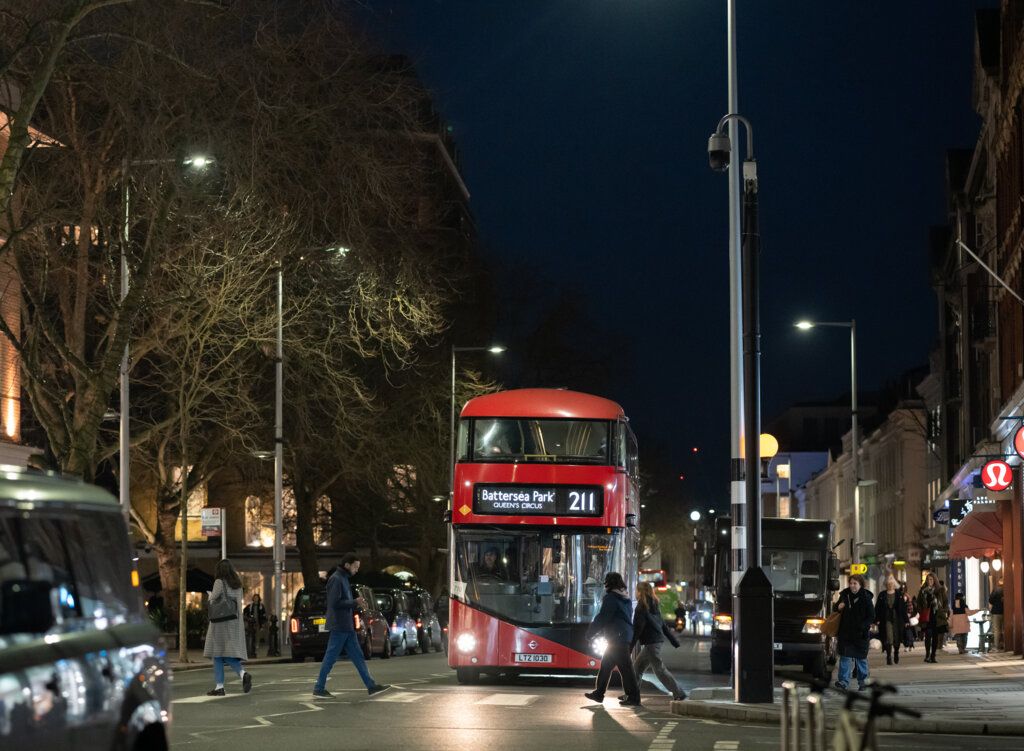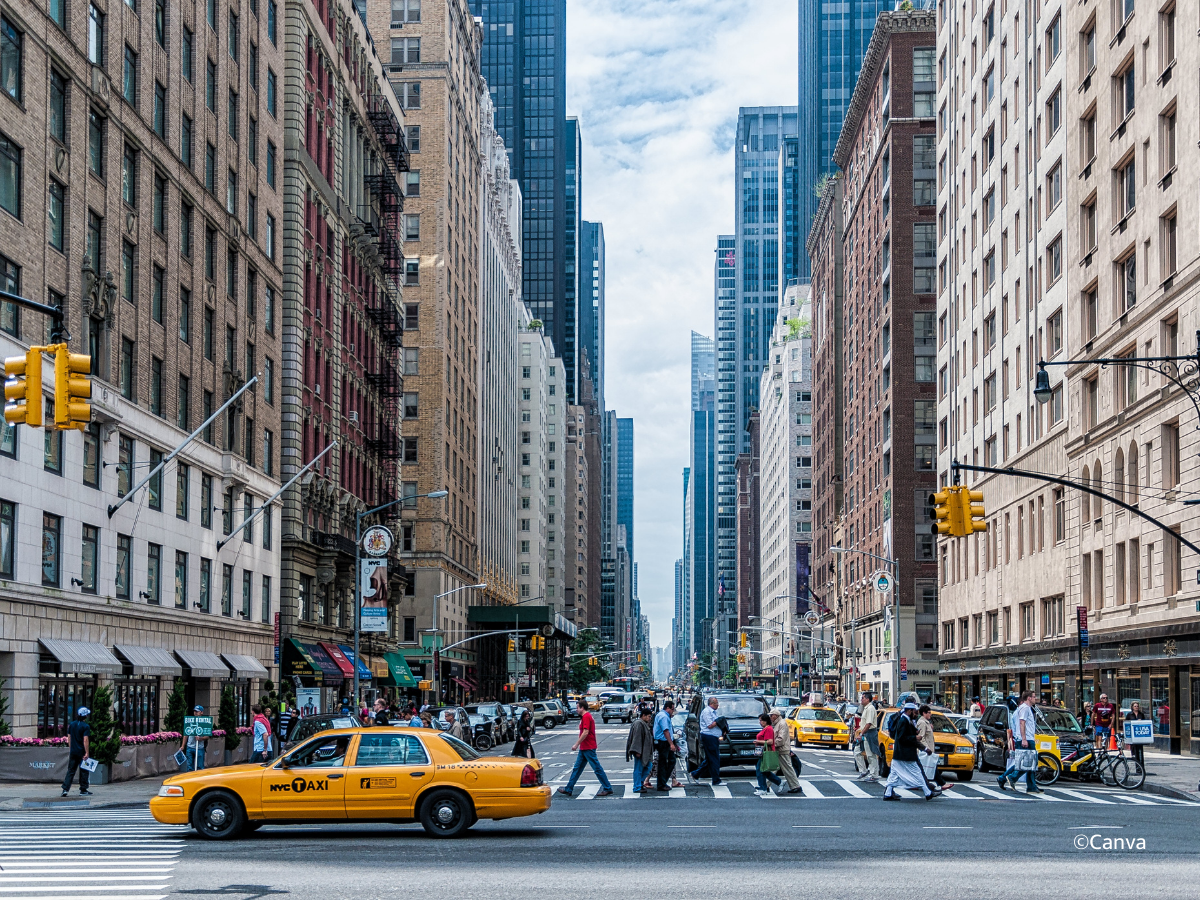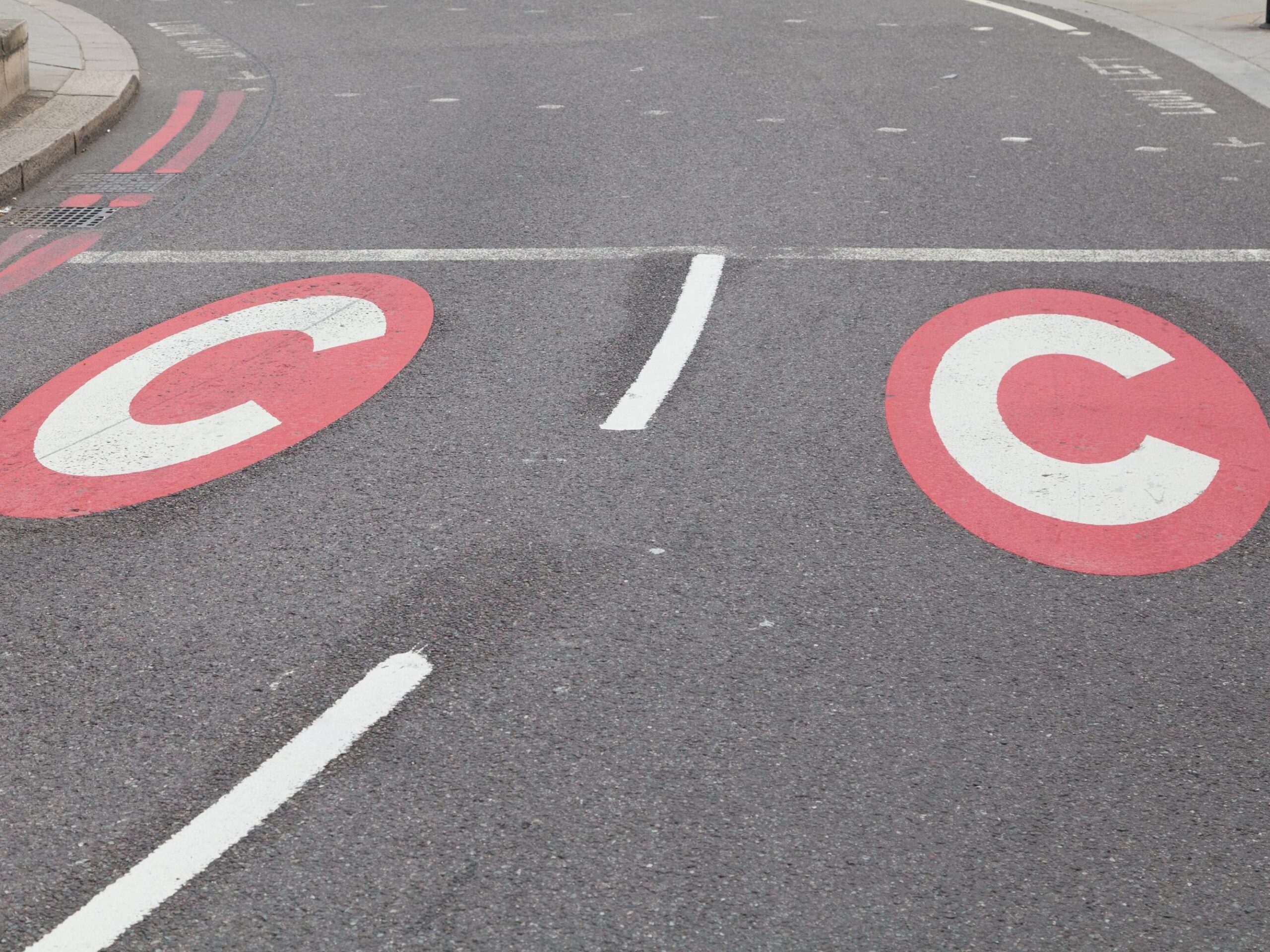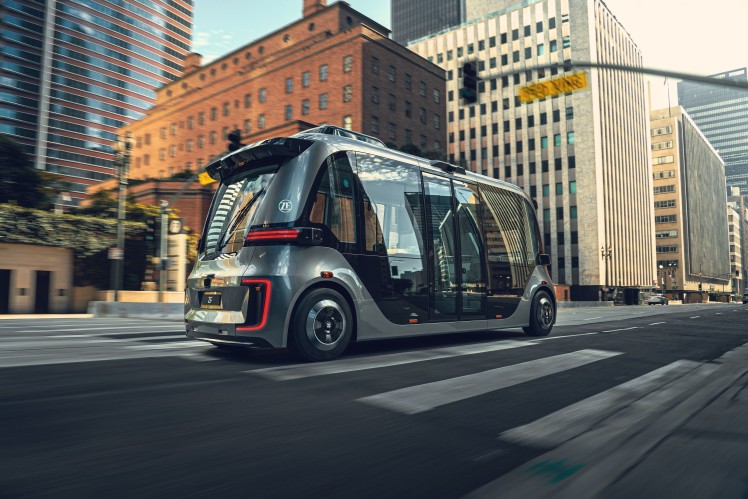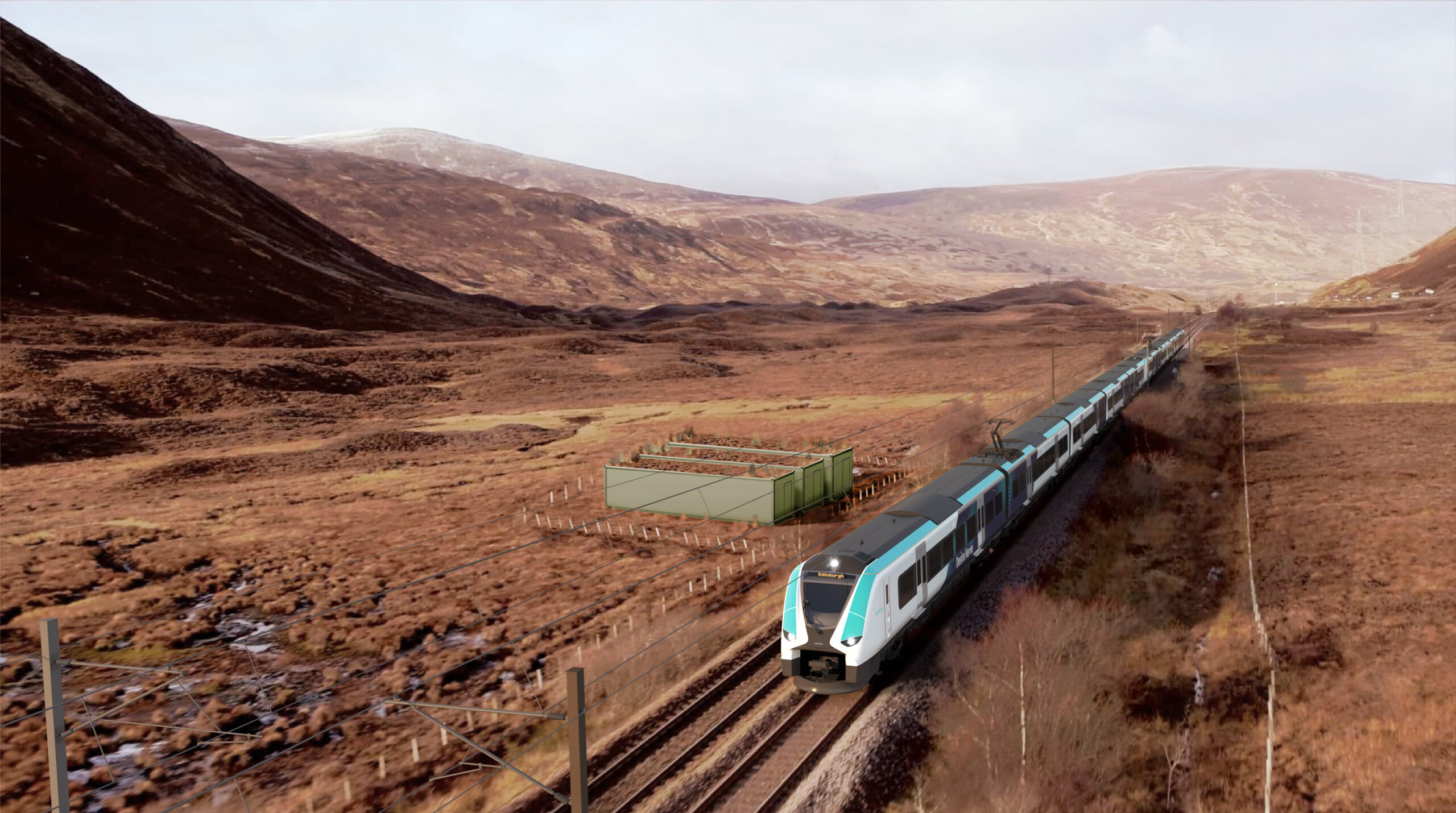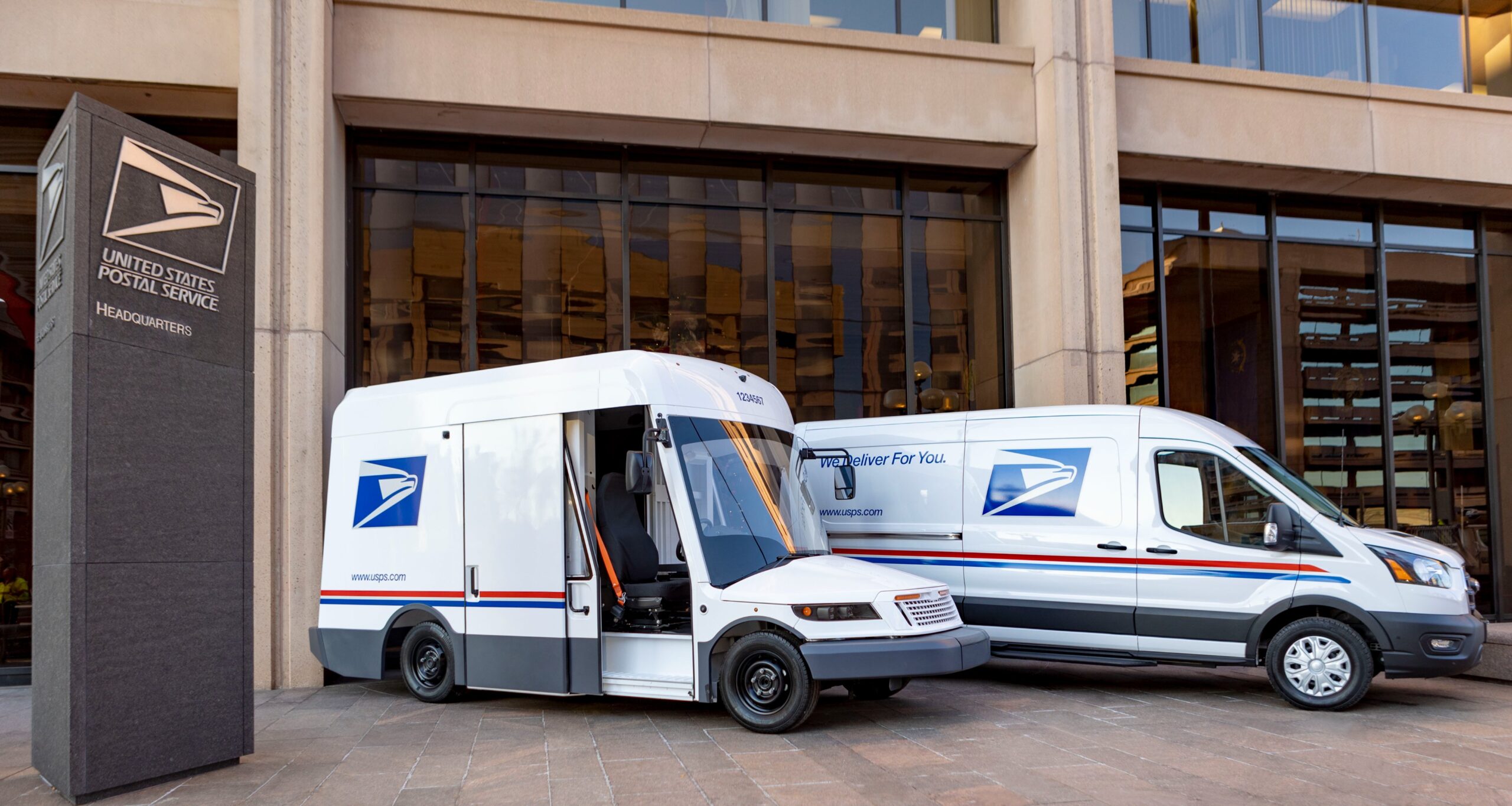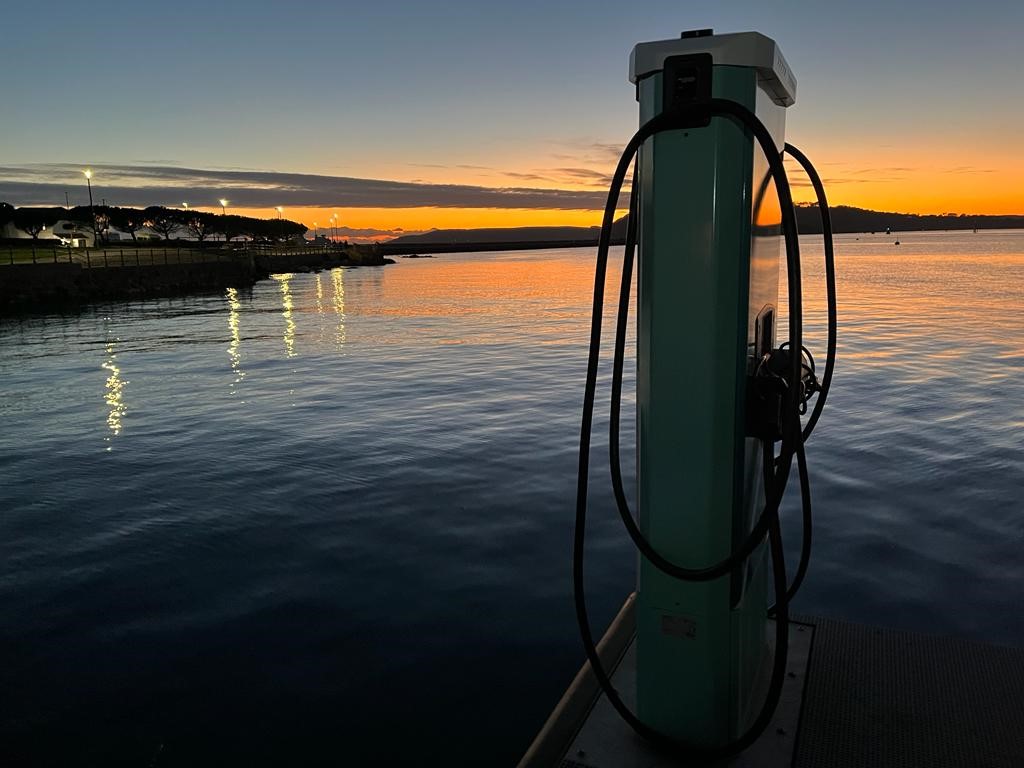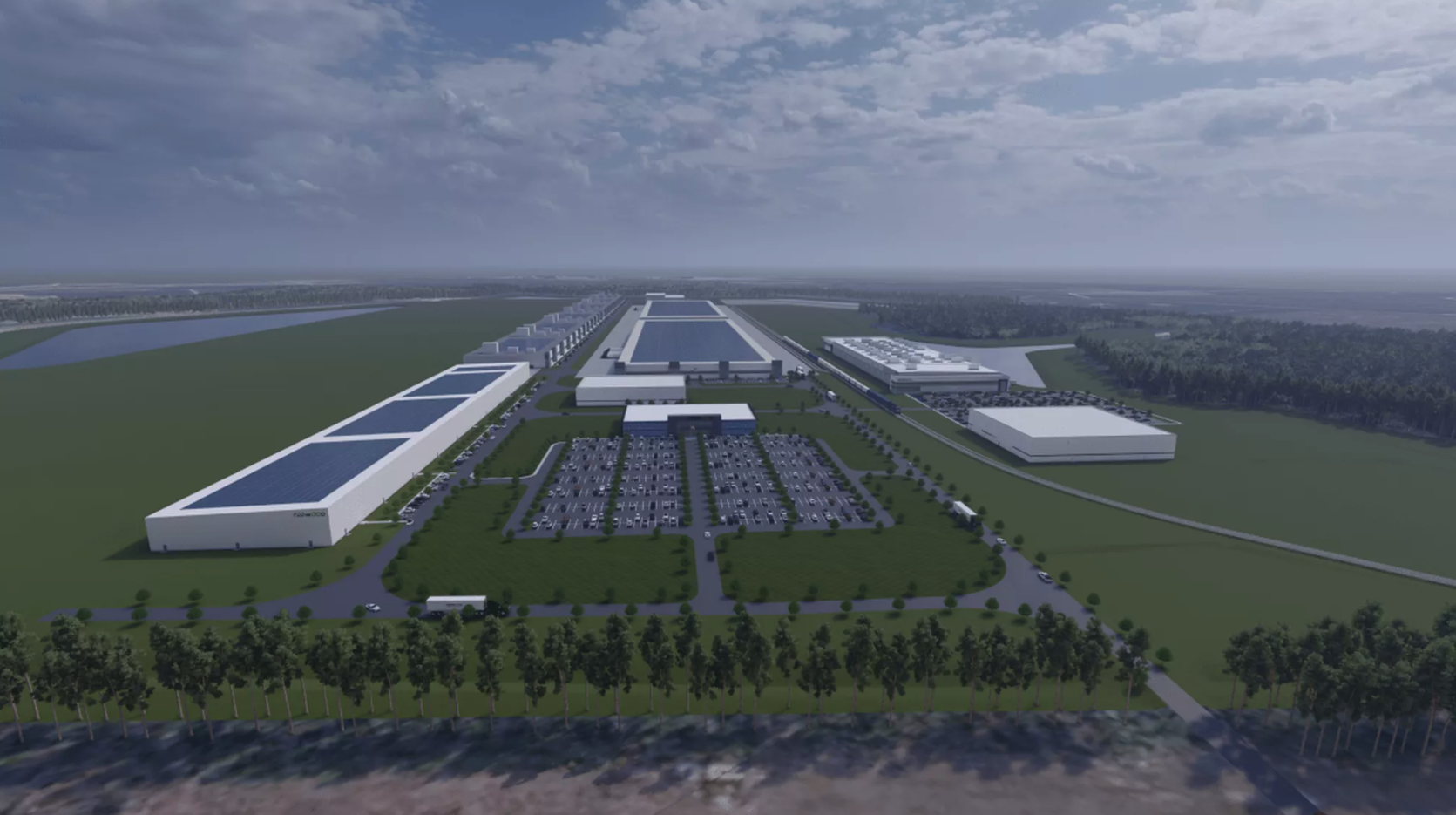The Biden-Harris Administration has released the first US National Blueprint for Transportation Decarbonization.
The ‘blueprint’ was developed by the Departments of Energy, Transportation, Housing and Urban Development and the Environmental Protection Agency to outline a strategy for cutting all greenhouse emissions from the transportation industry.
This initiative is part of the Biden-Harris Administration’s approach to addressing the climate crisis and securing a 100% clean electrical grid by 2035, before reaching net-zero carbon emissions by 2050.
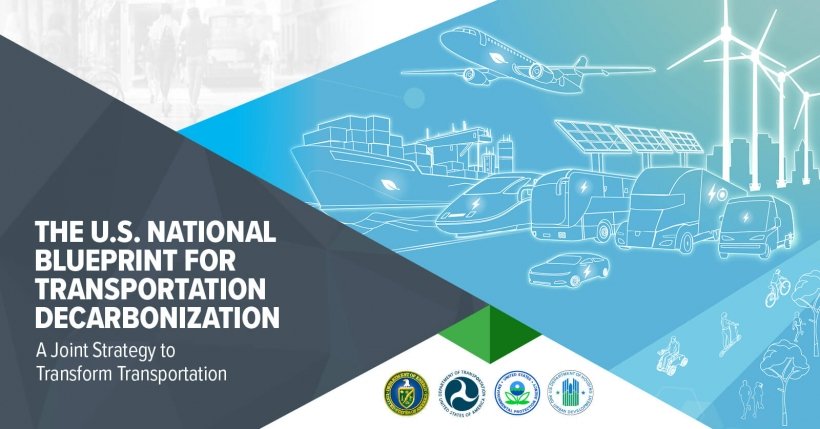
The blueprint will be followed by more detailed decarbonisation action plans later this year.
US Secretary of Energy, Jennifer M. Granholm said:The domestic transportation sector presents an enormous opportunity to drastically reduce emissions that accelerate climate change and reduce harmful pollution. The Department of Energy is prepared to implement this Blueprint alongside our partners within the Biden-Harris Administration to ensure all Americans feel the benefits of the clean transportation transition: good-paying manufacturing jobs, better air quality, and lower transportation costs.
The transportation sector includes all modes of travel through land, air and sea to move people and goods. It is currently responsible for a third of all domestic greenhouse gas emissions.
In addition, transportation costs are the second largest annual household expense in the US, and financial barriers to transportation are disproportionately and unsustainably high for lower-income Americans.
The US Department of Transportation (DOT) believes that the transition to a decarbonised transportation system can address these inequalities and provide equitable, affordable and accessible travel options.
US Secretary of Transportation Pete Buttigieg said:Transportation policy is inseparable from housing and energy policy, and transportation accounts for a major share of US greenhouse gas emissions, so we must work together in an integrated way to confront the climate crisis. Every decision about transportation is also an opportunity to build a cleaner, healthier, more prosperous future. When our air is cleaner; when more people can get good-paying jobs; when everyone stays connected to the resources they need and the people they love, we are all better off.



